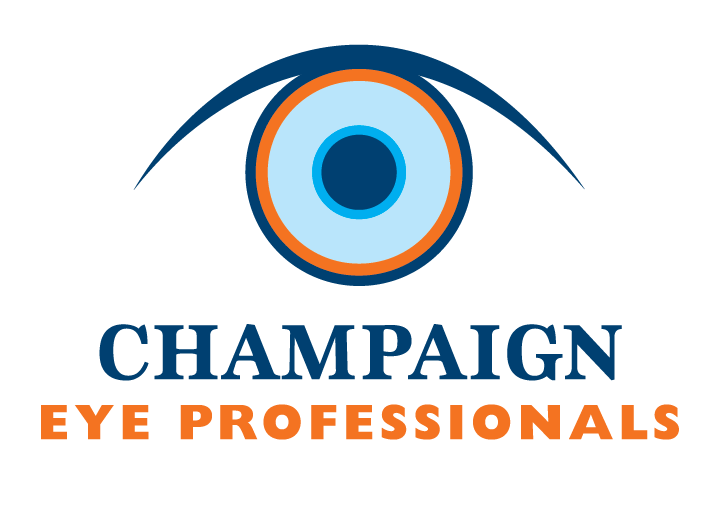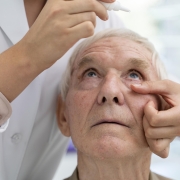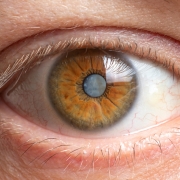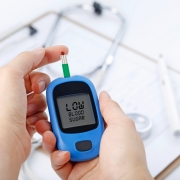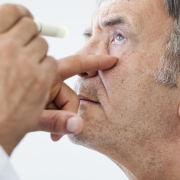What Is a Cortical Cataract?
While millions of people will experience cataracts throughout their lives, not everyone will have the same type of cataract. If you’ve heard the term cortical, we’ll look at what it means, how it differs from other types of cataracts, and what you can do to abate or eliminate the disorder.
What Are Cortical Cataracts?
There are three types of cataracts that you can get: cortical, nuclear, and posterior subcapsular. They are differentiated based on where the clouding of the lens occurs. An eye doctor in Champaign, IL, can explain that with a cortical cataract, the yellowing of the lens starts in the outer layer. Cortical cataracts are the ones most associated with diabetes?
Are Cortical Cataracts the Most Common Form of Cataracts?
No. The nuclear cataract is the most common type of cataract. The nuclear cataract starts in the central part of the lens and is usually caused by the general aging process.
What Are the Symptoms of Cortical Cataracts?
The most common symptom is light sensitivity, which is caused by the disruption of the lens fibers via the protein clusters. This scatters the light you see and can sometimes lead to glare. It’s worth noting that while there is no known cause for cataracts, they have been linked to smoking and poor diets.
Visit an Eye Doctor in Champaign, IL
If you’re looking for an eye doctor for a cataract evaluation in Champaign, IL, who can help you learn more about how your eyes are progressing, visit the team at Champaign Eye Professionals. In some cases, you may be able to reduce the symptoms of your cataracts via eyewear or lifestyle changes. For others, they may need surgery to help clear up the clouding of the lens.
